'UAE mercenary behind assassination plots against 30 Yemeni scholars, politicians'
Officials in Yemen’s southern coastal province of Aden have reportedly charged a strongman backed by the United Arab Emirates with orchestrating the assassination of more than two dozen religious scholars and political figures in the region.
The prosecution in Aden has leveled charges of involvement in the murder and planning the assassinations of 30 Yemeni preachers and politicians against vice president of the so-called Southern Transitional Council, Sheikh Hani Ben Brik, Arabic-language Arabi 21 online newspaper reported on Thursday.
The report added that the assassination of Sheikh Samhan Abdulaziz al-Rawi, a preacher and one of the leaders of the so-called Popular Resistance Committees, is one of the cases in which defendants have confessed to have received directives from Ben Brik to kill him.
Both the so-called Southern Transitional Council and Popular Resistance Committees support Yemen's ex-president Abd Rabbuh Mansur Hadi, and are being sponsored by the Saudi-led alliance against the Houthi Ansarullah movement.
Unidentified gunmen assassinated the Yemeni religious scholar in the port city of Aden in early 2016.
Confession obtained from the first defendant reveals that the UAE mercenary sent pictures of Sheikh Rawi to the first defendant, identified as Hilmi Jalal, via WhatsApp messaging application as the target to be liquidated. Jalal then had a meeting with Ben Brik at the Saudi-led coalition’s camp in the Brega region of Aden to plan the assassination.
The second defendant, named Samir Maihoub, said they received four pieces of Russian-made machine guns in addition to two cars and one million Yemeni rials each for the targeted killing. The rewards were submitted by Ben Brik through his brother Salah.
The UAE has triggered anger among loyalists to Hadi for its activities in the war-torn country and on Socotra Island in the Arabian Sea.
Emirati cargo flights have unloaded tanks, armored transports and heavy equipment on the scenery island.
Hadi loyalists say the UAE, which has been part of the Saudi-led coalition pounding Yemen, is providing support to those seeking separation of southern Yemeni territories from the north of the country.
The new revelations come at a time that deep gaps have emerged between Saudi Arabia and the UAE over the war in Yemen with the UAE apparently gradually distancing itself from the war.
An unnamed senior Emirati official told reporters on July 8 that the country was planning troop drawdown in Yemen, in what was claimed to be a shift from a military strategy to a "peace" plan instead.
He added, “We do have troop levels that are down for reasons that are strategic in (the Red Sea city of) Hudaydah and reasons that are tactical” in other parts of the country.
“It is very much to do with moving from what I would call a military first strategy to a peace first strategy, and this is I think what we are doing,” the Emirati official asserted at the time.
In late June, Western diplomatic sources said the UAE was mulling over scaling back its military efforts in the war in Yemen to focus on threats posed by the rising US-Iran tensions.
Saudi Arabia and a number of its regional allies launched a devastating campaign against Yemen in March 2015, with the goal of bringing the government of Hadi back to power and crushing the Ansarullah movement.
The US-based Armed Conflict Location and Event Data Project (ACLED), a nonprofit conflict-research organization, estimates that the Saudi-led war has claimed the lives of over 60,000 Yemenis since January 2016.
The war has also taken a heavy toll on the country’s infrastructure, destroying hospitals, schools, and factories. The UN says over 24 million Yemenis are in dire need of humanitarian aid, including 10 million suffering from extreme levels of hunger.
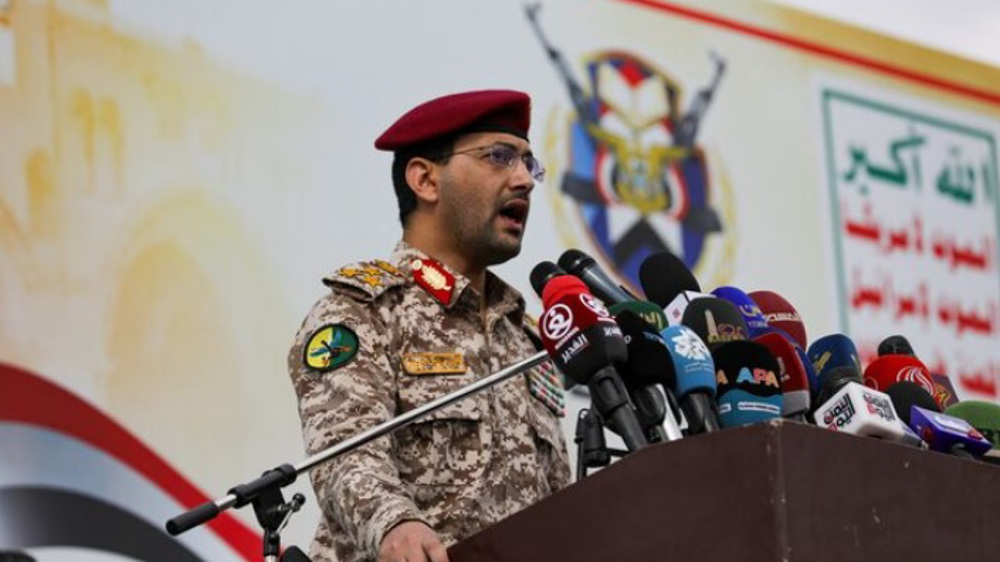
Yemini forces say they launched attacks on Israeli sites, US warships
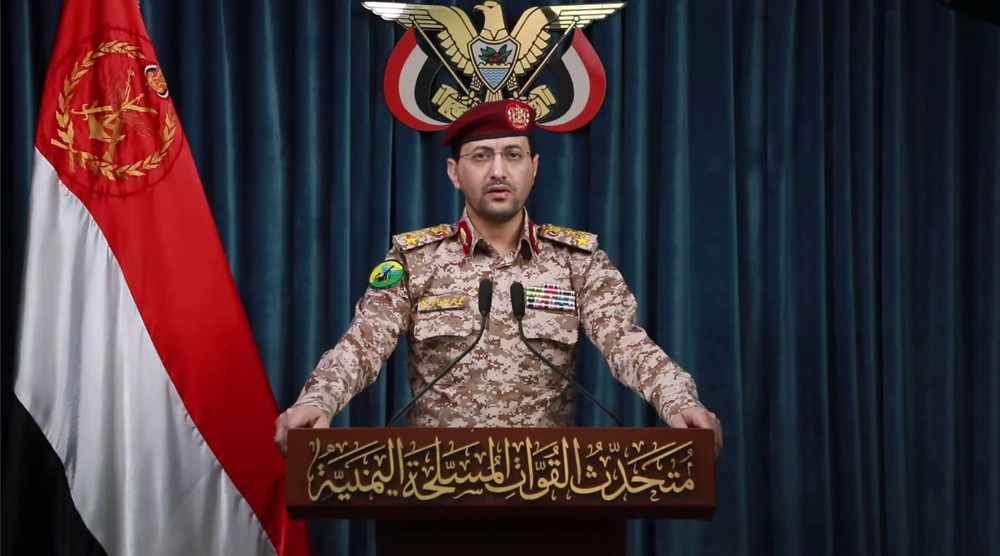
Yemeni forces target Israeli Nevatim Airbase in retaliatory missile strike
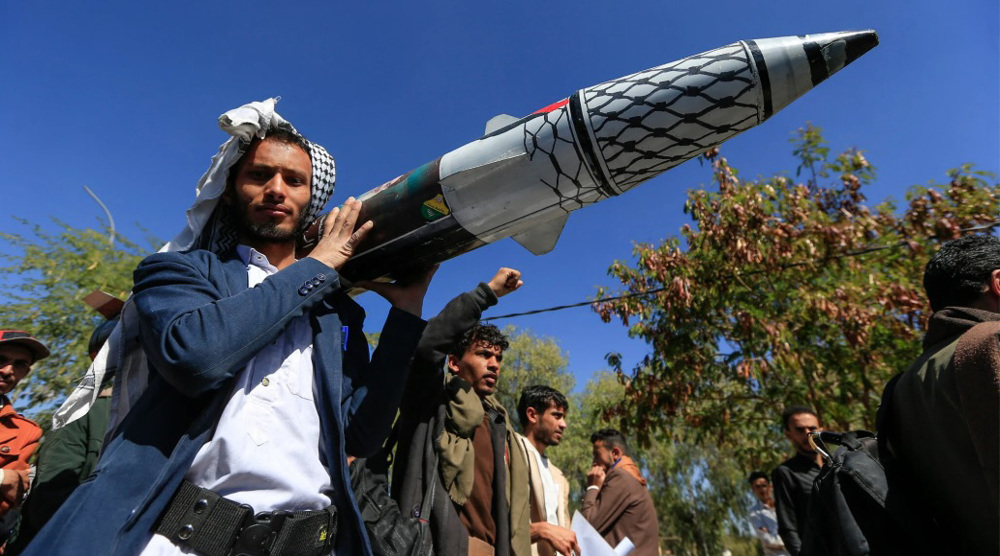
Yemeni ballistic missile triggers sirens across Israeli-occupied territories
Iran supports any measure to strengthen peace, tranquility: Pezeshkian
Iran, Russia agree to transfer gas via Azerbaijan: Minister
VIDEO | US joins global protest day to demand Israel lift 8-week siege
HTS gunmen, allied militants kill over dozen Alawites in Syria’s Homs
VIDEO | Press TV's news headlines
VIDEO | Muscat’s 3rd round of indirect talks between Iran, US
Iran’s foreign minister says ‘satisfied’ with progress in talks with US
MSF: 70% of burn victims in Gaza are children, little chance of recovery











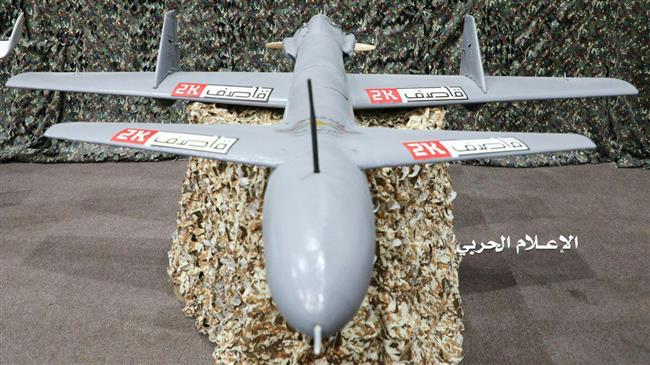


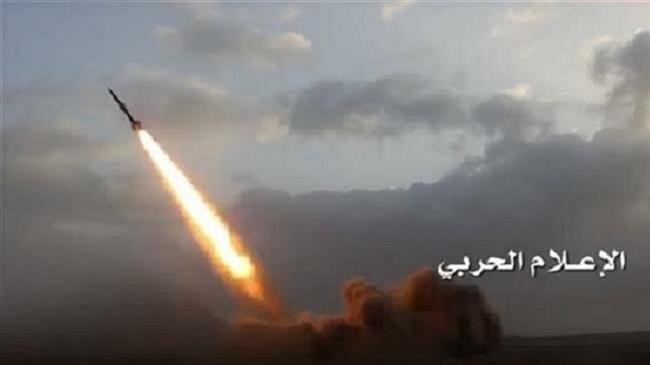



 This makes it easy to access the Press TV website
This makes it easy to access the Press TV website